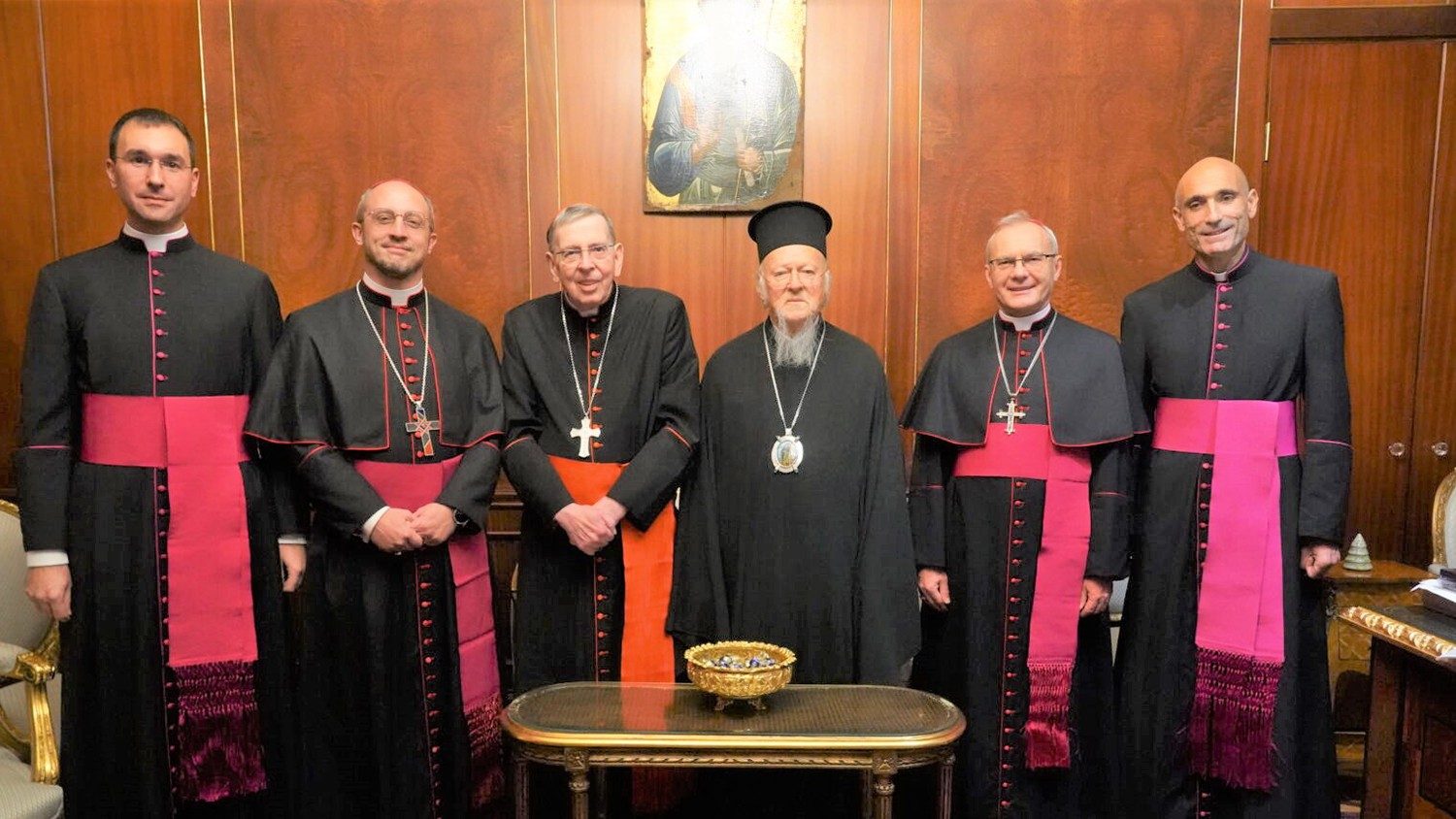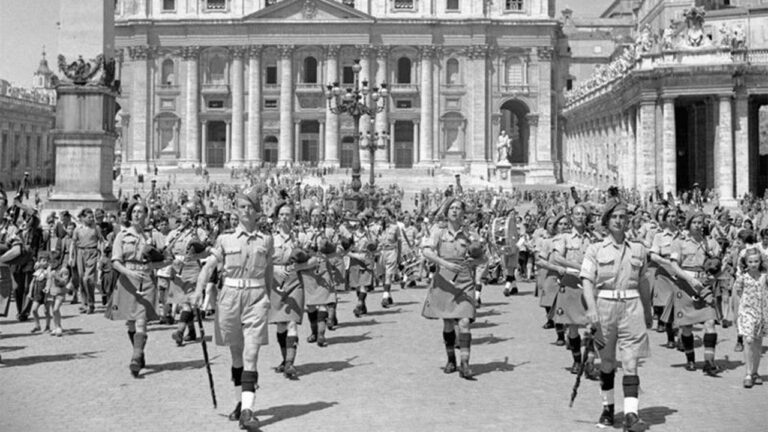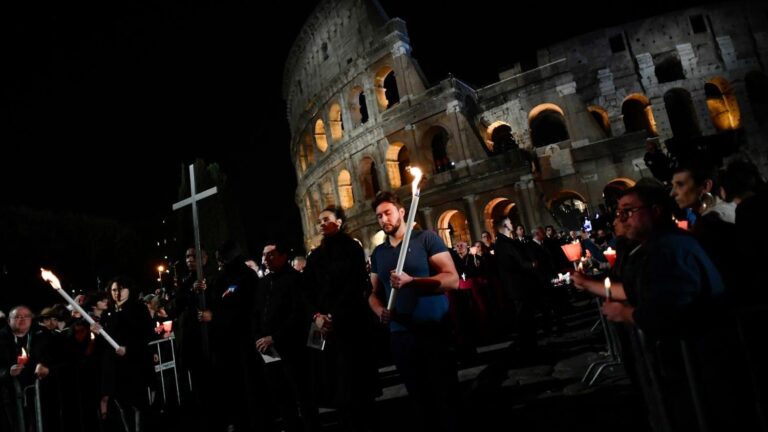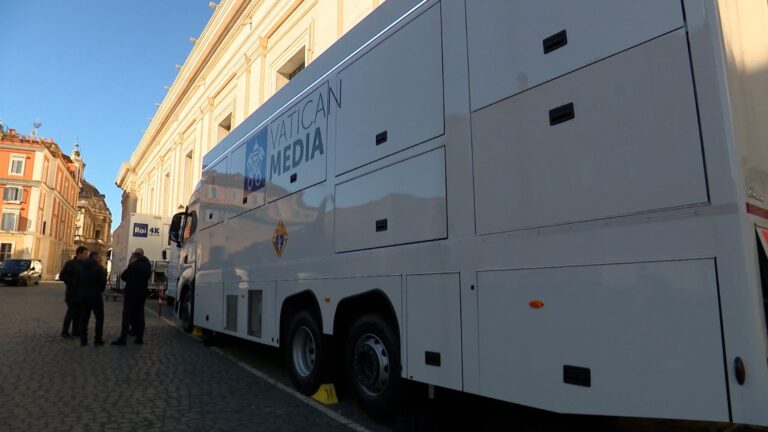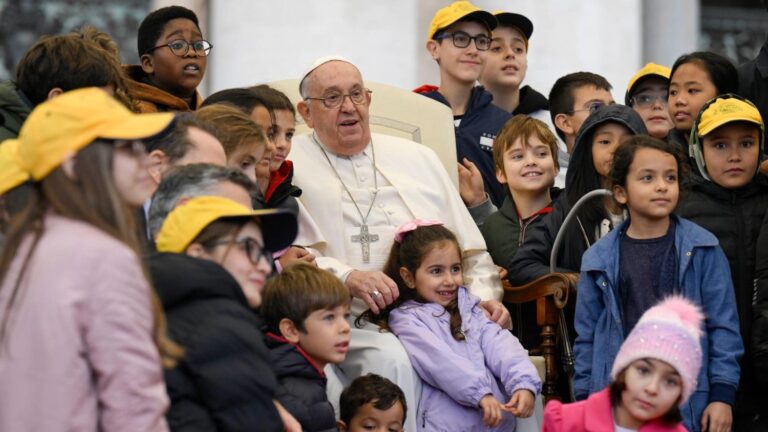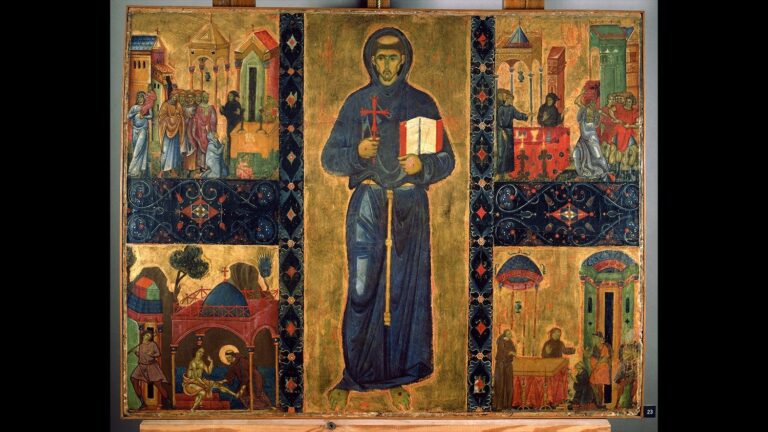Pope: ‘Christian fraternal dialogue can be a model for today’s world’
Vatican news
In his traditional greetings to Ecumenical Patriarch Bartholomew on the feast of Saint Andrew, Pope Francis calls for continued efforts and prayers for “the gift of unity” among Christians, emphasizing that their brotherhood and testimony can also serve as a model for life today. world “riddled with war and violence”.
By Lisa Zengarini
Following a long tradition, on the occasion of today’s feast of Saint Andrew the Apostle, patron saint of Constantinople, Pope Francis sent a delegation to Istanbul to convey his greetings and the assurance of his “affection fraternal” to the Ecumenical Patriarch. of Constantinople Bartholomew I.
The visit is part of the annual exchange of delegations between the Holy See and the Patriarchate for their respective patronal feasts, June 29 in Rome, feast of Saint Peter and Paul, and November 30 in Istanbul, in Turkey.
In his message, Pope Francis highlights listening without condemning as the main path to unity between Catholics and Orthodox Christians, expressing his hope that the upcoming celebrations of the 1,700th anniversary of the First Ecumenical Council of Nicaea can provide the opportunity to strengthen the fraternal relationships they maintain. developed over the last six decades.
60 years of fruitful dialogue
The Pope begins his message by highlighting the significant progress in dialogue between Catholics and Orthodox since the promulgation of the decree “Unitatis Redintegratio” in 1964 which marked the official entry of the Catholic Church into the ecumenical movement.
He notes that one of the first fruits obtained in this dialogue is the “renewed fraternity” that they experience today “with particular intensity”.
The ultimate goal of full communion
While recognizing that the full Eucharistic communion envisaged by the conciliar document has not yet been achieved, because “divisions dating back a millennium cannot be resolved in a few decades”, the Pope emphasizes that Christians must not “lose view of this ultimate objective. “, nor can they “lose hope that this unity can be achieved over the course of history and within a reasonable time frame.”
A synodal approach to ecumenical dialogue
Pope Francis then recalls that “the irreversible commitment of the Catholic Church to the path of dialogue” was further affirmed by the recent Synod on synodality during which the participants, coming from different backgrounds, were able to ” listen without judging or condemning yourself.
This approach, the Pope said, “should also be the way in which Catholics and Orthodox continue their path towards unity.”
Christian dialogue as a model for today’s divided world
To conclude his message, Pope Francis says that the upcoming celebration of the 1700th anniversary of the First Ecumenical Council of Nicaea in 2025 “will strengthen existing bonds and encourage all Churches to offer renewed witness in today’s world.”
He notes that the “lived fraternity and witness” of Christians will also serve as a model for a world “prey to war and violence”. In this spirit, the Pope concludes by reaffirming his hopes for peace in Ukraine, Palestine and Israel. Lebanon, and all regions of the world, are experiencing what he repeatedly called “a fragmented world war.”
The Vatican delegation
The Vatican delegation is led by Cardinal Kurt Koch, prefect of the Dicastery for Christian Unity, who delivered the Pope’s message to SB Bartholomew on Saturday, at the end of the Divine Liturgy celebrated in the Patriarchal Church of St. Georges du Phanar.
The delegation also included two senior officials of the Dicastery: Secretary Mgr Flavio Pace, Undersecretary Mgr Andrea Palmieri and the Apostolic Nuncio to Türkiye. Mgr Marek Solczyński.
Vatican news
sc
